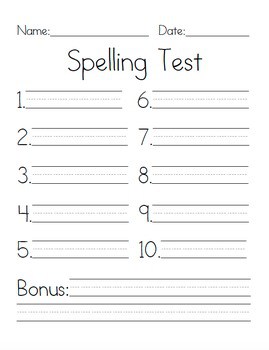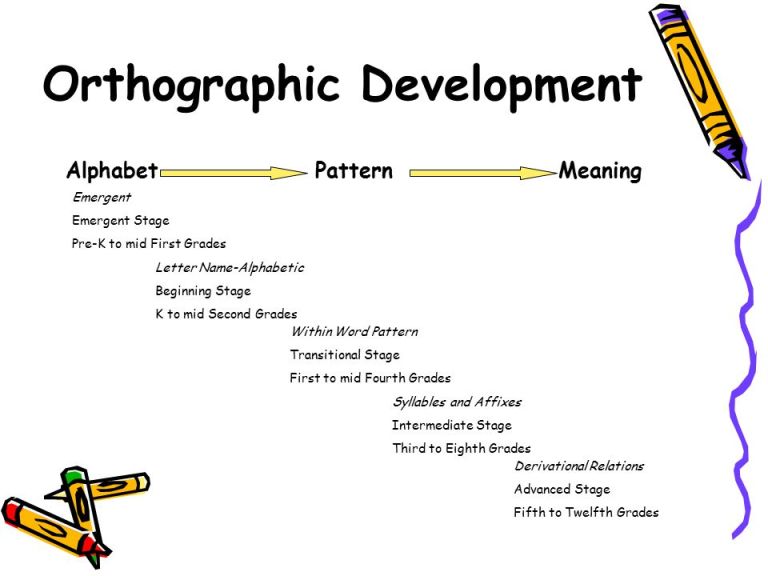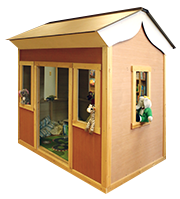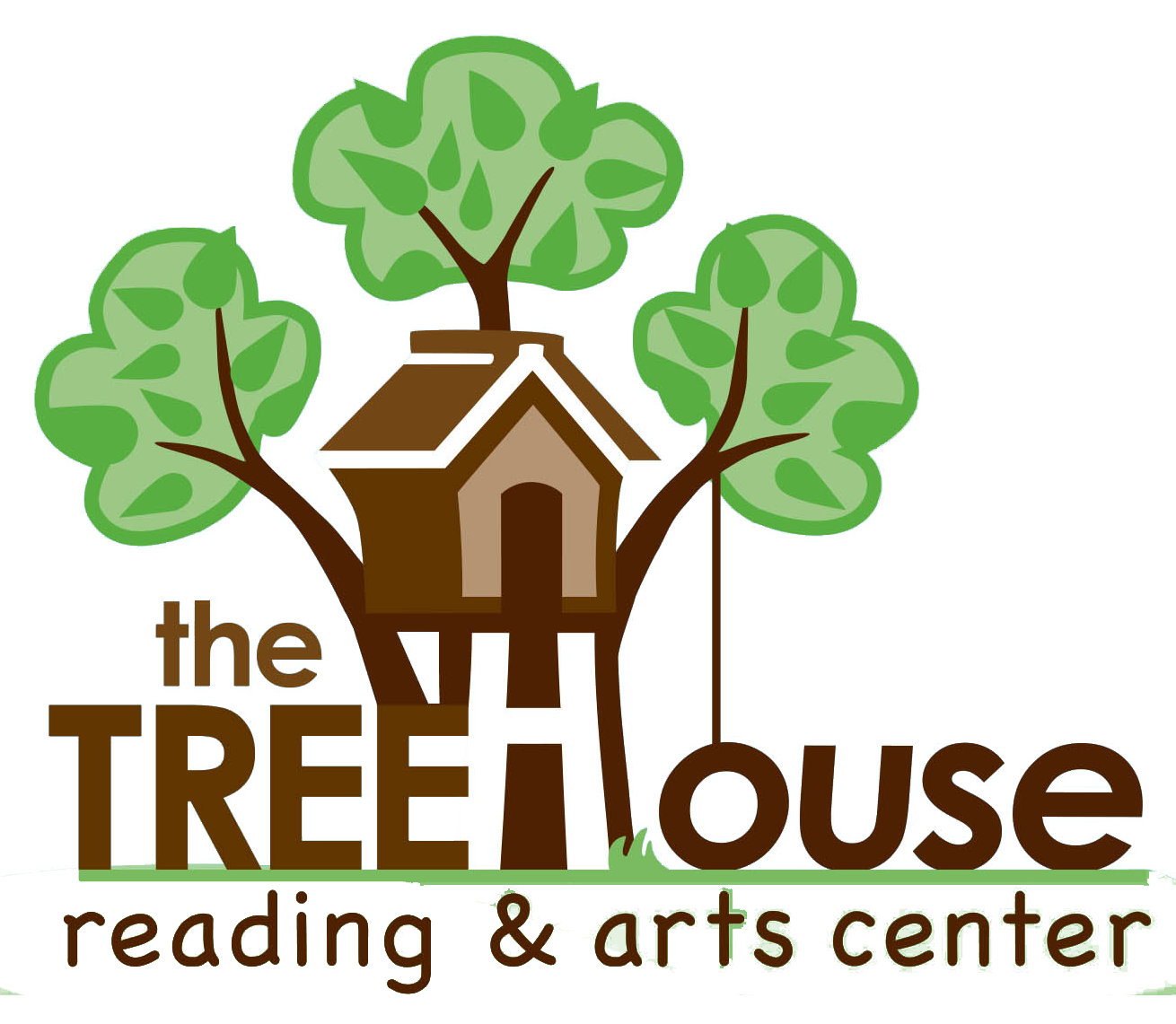Spelling! Okay. Now I’m ready to talk about spelling instruction. We all know the plan. Get the words Monday, repetition repetition repetition – test on Friday. Sometimes it seems like not much has changed. I’m not going to talk about the history and all the small ebbs and flows we’ve had in the makeup of these spelling lists. But allow me to say that currently the spelling lists in most schools are decided by the reading curriculum that is used by the school. So the spelling words are pre-determined, they usually coincide with whatever story is being read in the reading textbook, and there are often spelling workbook pages to help practice throughout the week. It might be common to get the list of words sent home to practice for homework, in addition. Rather than being a randomly chosen set of words, each week probably focuses on a few patterns in words. These patterns are likely based on the knowledge that spelling is developmental. Literacy professionals have figured out the natural progression or development of spelling knowledge. It starts from the most basic patterns and builds from there. (There are six main syllable types and this is where words starts to build. Then from there we add patterns based on prefixes, suffixes, and word origin). These words that are chosen in the school reading curriculums very likely follows this natural progression. The problem arises when your child is not precisely at that same point in their own personal spelling development.  With no statistical backing, I’m going to do some jumping jacks out on a limb and say that I believe we are not serving about 50-75% of our students well with this system. There is probably 1/4 of the class who can spell all the words on the first day and they do not gain anything from the week long activities and practice because they did not need it. There is probably another 1/4-1/2 of the class that can’t spell the words on the first day and THEY do not gain anything from the week long activities and practice because they are not developmentally ready for those words. They likely fail the test at the end of the week (worst case scenario) or if they did manage to memorize them they might do reasonably well on the test but all is lost by the time they wake up Saturday morning (best case scenario). If they didn’t know the previous patterns that built up to those words, they will gain nothing from adding this new piece on. It’s like placing the last Jenga piece on the tower right before it falls – week after week. We place it on, there’s no sturdy foundation, it all falls down and they’re left with nothing. That leaves the final 1/4 -1/2 of the class who may not know the words on Monday but is developmentally ready to learn them. They benefit from the activities and week long practice, add the knew knowledge on top of their sturdy tower of words, do well on the test on Friday and, with any luck, retain the word knowledge into the future. As I will say with most of what is going on in education today, I do not fault the teachers for the position they are in. They are told by the district or school to use a certain curriculum and they know long before September the words that students will spell every week. There is no real way for them to introduce any other system. Their only alternative might be adding words on top of the ones that they are required to do, but this is an extra burden of time and work for both the teacher and the student. What if they could ignore this list completely? What if their school doesn’t use a list and they are free to do whatever they want? The alternative to this scenario with a group of bored spellers at one end and group of struggling spellers at the other comprising 50-75% of the class is obviously for every student (or small groups of students) to have different spelling words. It’s a lot to manage, it’s a lot to organize and it’s not an easy fit within a classroom. So even with freedom, it is much easier to generate a list of words that fit the middle of the pack rather than deal with the management, organization and time burden in the classroom. I get it. I totally understand. But it’s not helping many of our students. Spelling is developmental. Just like reading is developmental. Asking students to read something way beyond or way below their reading level doesn’t improve their reading skills. {Now, I don’t like pigeonholing a kid’s level so much that they are not encouraged to grow beyond that level… but that’s a different thing entirely. We’ll talk about that another day!} I think as parents and teachers we are on board with this idea for reading. But teachers haven’t incorporated effective spelling instruction based on this same idea.
With no statistical backing, I’m going to do some jumping jacks out on a limb and say that I believe we are not serving about 50-75% of our students well with this system. There is probably 1/4 of the class who can spell all the words on the first day and they do not gain anything from the week long activities and practice because they did not need it. There is probably another 1/4-1/2 of the class that can’t spell the words on the first day and THEY do not gain anything from the week long activities and practice because they are not developmentally ready for those words. They likely fail the test at the end of the week (worst case scenario) or if they did manage to memorize them they might do reasonably well on the test but all is lost by the time they wake up Saturday morning (best case scenario). If they didn’t know the previous patterns that built up to those words, they will gain nothing from adding this new piece on. It’s like placing the last Jenga piece on the tower right before it falls – week after week. We place it on, there’s no sturdy foundation, it all falls down and they’re left with nothing. That leaves the final 1/4 -1/2 of the class who may not know the words on Monday but is developmentally ready to learn them. They benefit from the activities and week long practice, add the knew knowledge on top of their sturdy tower of words, do well on the test on Friday and, with any luck, retain the word knowledge into the future. As I will say with most of what is going on in education today, I do not fault the teachers for the position they are in. They are told by the district or school to use a certain curriculum and they know long before September the words that students will spell every week. There is no real way for them to introduce any other system. Their only alternative might be adding words on top of the ones that they are required to do, but this is an extra burden of time and work for both the teacher and the student. What if they could ignore this list completely? What if their school doesn’t use a list and they are free to do whatever they want? The alternative to this scenario with a group of bored spellers at one end and group of struggling spellers at the other comprising 50-75% of the class is obviously for every student (or small groups of students) to have different spelling words. It’s a lot to manage, it’s a lot to organize and it’s not an easy fit within a classroom. So even with freedom, it is much easier to generate a list of words that fit the middle of the pack rather than deal with the management, organization and time burden in the classroom. I get it. I totally understand. But it’s not helping many of our students. Spelling is developmental. Just like reading is developmental. Asking students to read something way beyond or way below their reading level doesn’t improve their reading skills. {Now, I don’t like pigeonholing a kid’s level so much that they are not encouraged to grow beyond that level… but that’s a different thing entirely. We’ll talk about that another day!} I think as parents and teachers we are on board with this idea for reading. But teachers haven’t incorporated effective spelling instruction based on this same idea.  There’s a great resource called Words Their Way, which primarily uses word sorting as it’s main strategy but also has hundreds of other word activities to help reinforce the teaching. I have heard and seen a lot of teachers through my work with college students (who are either in-service teachers or have worked in schools in various other capacities) say they are using Words Their Way or say that the use word sorts. And this is often a true statement. They are using the general principles but most of the time they are ignoring the core principle – that spelling is developmental. This system works if we give students a spelling inventory to learn which features they have mastered, which they are still grappling with, and which features they have not yet reached. These inventories help us determine students’ developmental levels and then their instruction must begin there. Again, it’s no use to teach each pattern in order if we don’t first determine where to start, and this is individual for each child. (It is possible in a classroom to take this information and form multiple small groups of students who are at the same developmental stage – not necessarily 20-30 different word lists every week, but maybe 3-5 small groups working on the same lists.) So, what should we do??? TALK about it. That’s our first step. Talk to me. Talk to your child’s teacher. Talk to the school. Talk to other parents. Let’s talk about what’s going on. Let’s see how true my “jumping jacks on a limb” estimate really is. How many students are in each of those situations? Yes, I’m a literacy researcher and I could go out and spend a lot of time and money right now to do a study to get those exact numbers in my community, in your community, and then an average overall. But what’s really important is knowing exactly we started with here – there are lots of kids that this system isn’t working for and if your child is one of them, then you are likely worried. (And completing that spelling homework or studying for the spelling test is torture). Let’s start talking. Comment here. Talk to others and then let me know what you think. Then I will do everything I can to start helping you figure out what to do next! We’re in this together and it’s a fight I’m willing to help you all win!
There’s a great resource called Words Their Way, which primarily uses word sorting as it’s main strategy but also has hundreds of other word activities to help reinforce the teaching. I have heard and seen a lot of teachers through my work with college students (who are either in-service teachers or have worked in schools in various other capacities) say they are using Words Their Way or say that the use word sorts. And this is often a true statement. They are using the general principles but most of the time they are ignoring the core principle – that spelling is developmental. This system works if we give students a spelling inventory to learn which features they have mastered, which they are still grappling with, and which features they have not yet reached. These inventories help us determine students’ developmental levels and then their instruction must begin there. Again, it’s no use to teach each pattern in order if we don’t first determine where to start, and this is individual for each child. (It is possible in a classroom to take this information and form multiple small groups of students who are at the same developmental stage – not necessarily 20-30 different word lists every week, but maybe 3-5 small groups working on the same lists.) So, what should we do??? TALK about it. That’s our first step. Talk to me. Talk to your child’s teacher. Talk to the school. Talk to other parents. Let’s talk about what’s going on. Let’s see how true my “jumping jacks on a limb” estimate really is. How many students are in each of those situations? Yes, I’m a literacy researcher and I could go out and spend a lot of time and money right now to do a study to get those exact numbers in my community, in your community, and then an average overall. But what’s really important is knowing exactly we started with here – there are lots of kids that this system isn’t working for and if your child is one of them, then you are likely worried. (And completing that spelling homework or studying for the spelling test is torture). Let’s start talking. Comment here. Talk to others and then let me know what you think. Then I will do everything I can to start helping you figure out what to do next! We’re in this together and it’s a fight I’m willing to help you all win!



